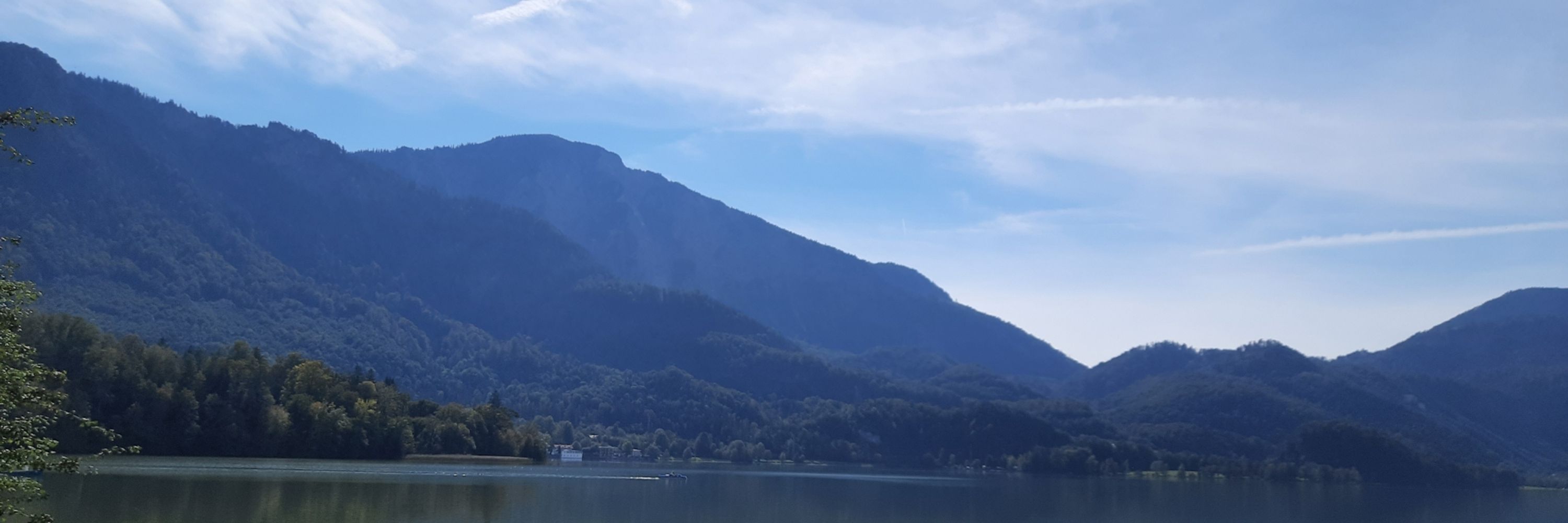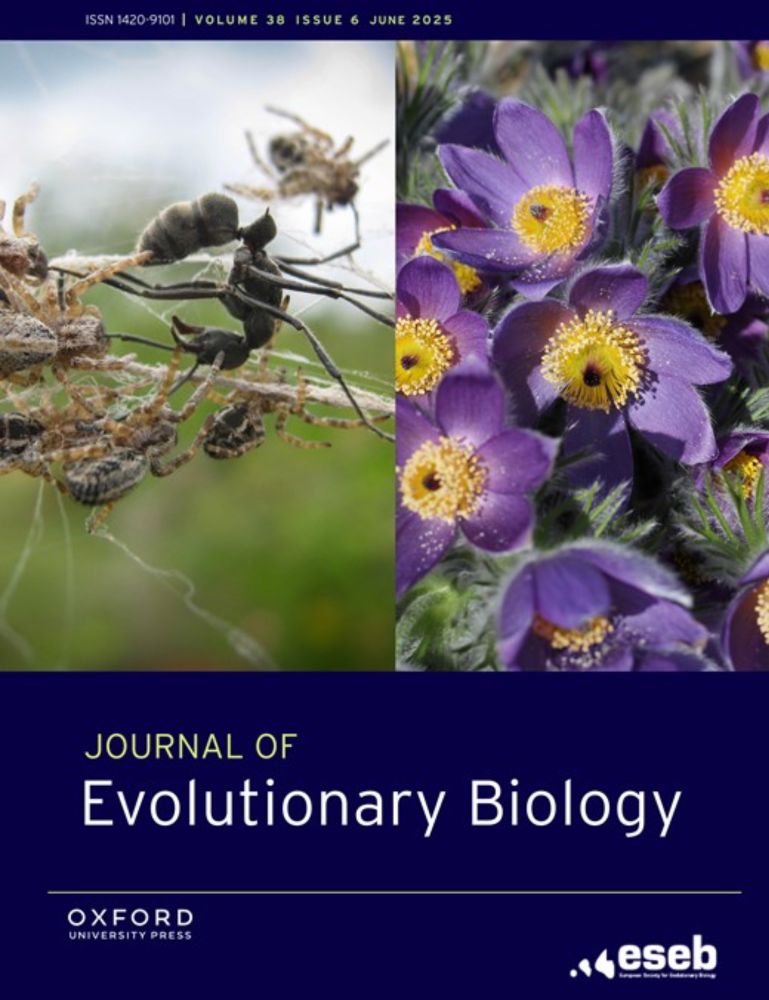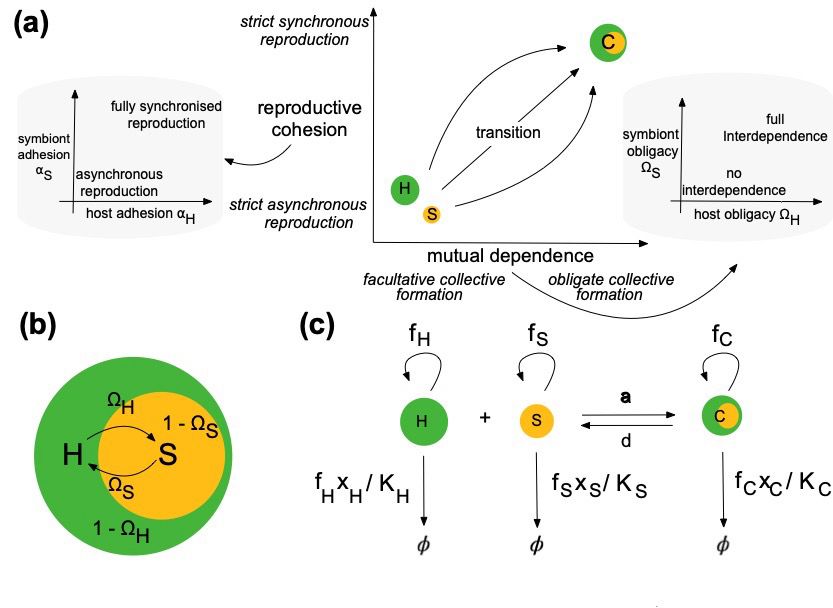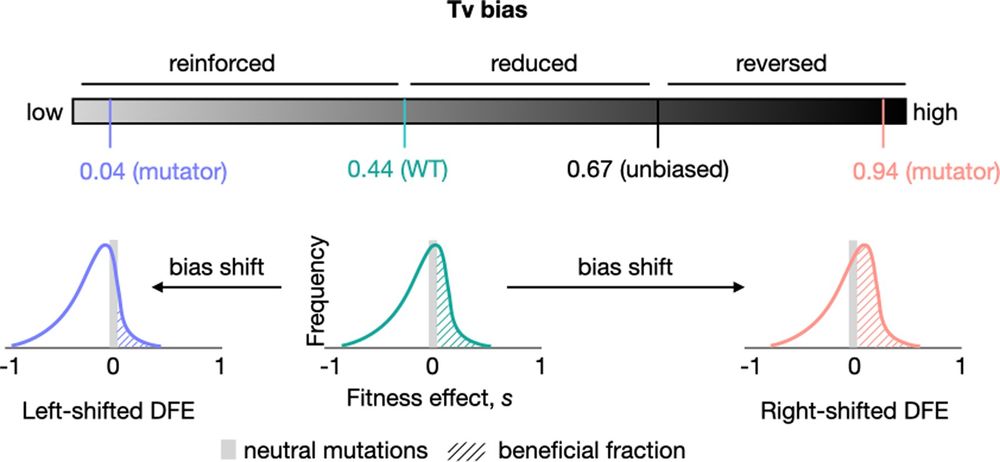Uthara Srinivasan
@utharasrini.bsky.social
180 followers
320 following
6 posts
Interested in everything at the intersection of evo-eco-genetics-omics | Full time Kokkonut and PhD student at JGU Mainz, Germany | Previously at EES LMU, Munich and Azim Premji University, Bangalore
🧬🌿👩💻🙆♀️
24, she/her
Posts
Media
Videos
Starter Packs
Reposted by Uthara Srinivasan
Reposted by Uthara Srinivasan
Reposted by Uthara Srinivasan
naturepoker
@binomicalabs.org
· 11d

Fungus-farming termites can protect their crop by confining weeds with fungistatic soil boluses
The symbiotic agriculture of fungus-farming termites can collapse if they fail to prevent invading weeds. Previous studies suggest a role for symbiotic fungistatic microbes in bringing about weed cont...
www.science.org
Reposted by Uthara Srinivasan
Reposted by Uthara Srinivasan
Reposted by Uthara Srinivasan
Gaurav Athreya
@gauravathreya.bsky.social
· Aug 22
Reposted by Uthara Srinivasan
Reposted by Uthara Srinivasan
Reposted by Uthara Srinivasan
Reposted by Uthara Srinivasan
Reposted by Uthara Srinivasan
Reposted by Uthara Srinivasan
José Cerca
@naturalselection.bsky.social
· Aug 10

PhD student in Evolution of Indo-Pacific birds
The Department of Bioinformatics and Genetics is offering a four-year PhD position focused on analyzing population-level genomic data from museum bird samples. The project will employ cutting-edge gen...
recruit.visma.com
Reposted by Uthara Srinivasan
Hanna Kokko
@kokkonut.bsky.social
· Jul 22
Reposted by Uthara Srinivasan
Melissah Rowe
@melissahrowe.bsky.social
· Jul 24
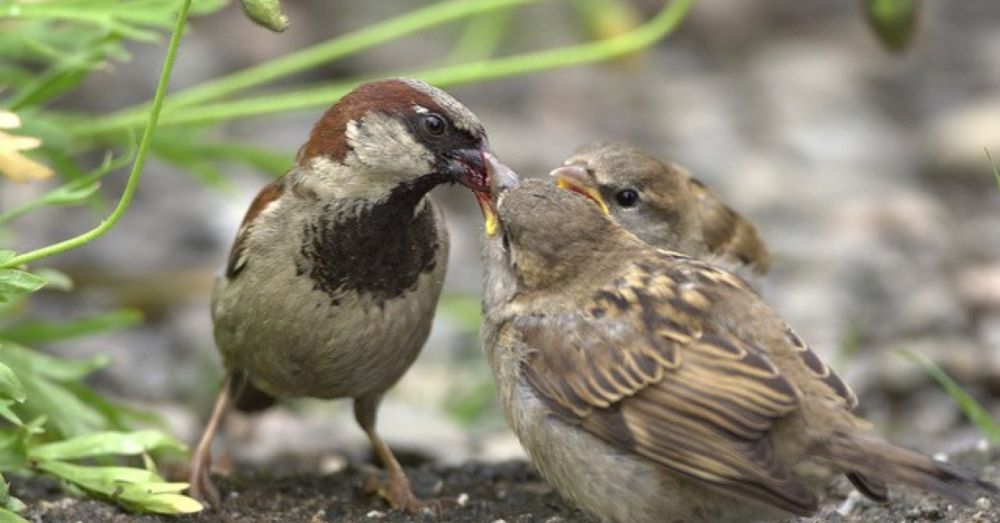
Postdoctoral researcher: avian microbiomes and reproduction
We are looking for a postdoctoral researcher to join our team working on avian reproductive microbiomes at the Netherlands Institute of Ecology (NIOO-KNAW) in the group of Dr. Melissah Rowe. The postd...
nioo.knaw.nl
Reposted by Uthara Srinivasan
Reposted by Uthara Srinivasan
Reposted by Uthara Srinivasan
Reposted by Uthara Srinivasan
